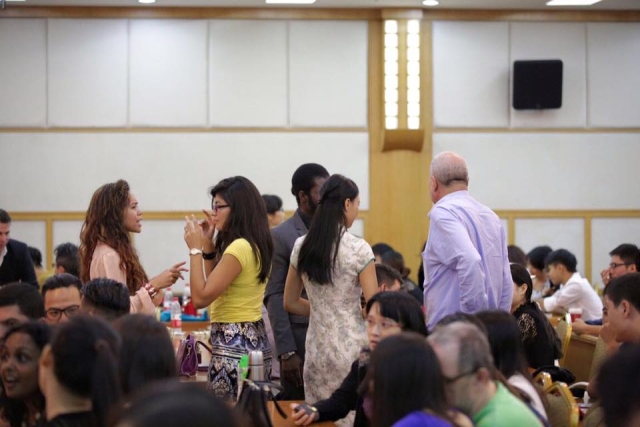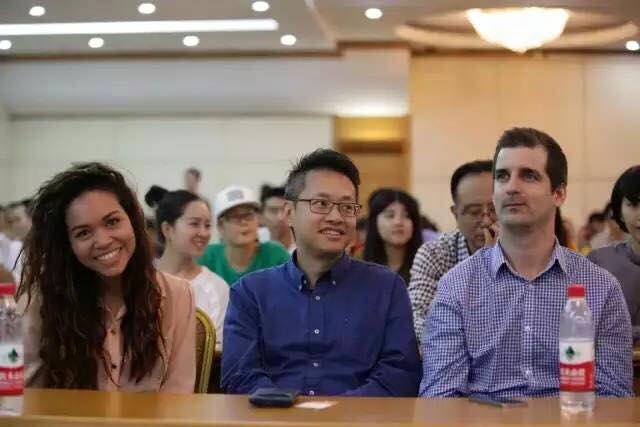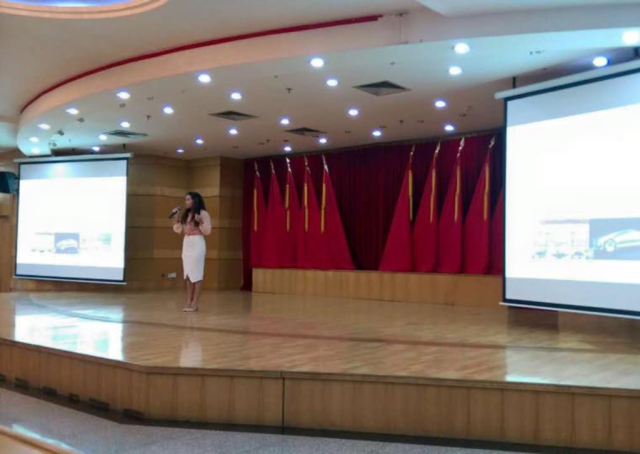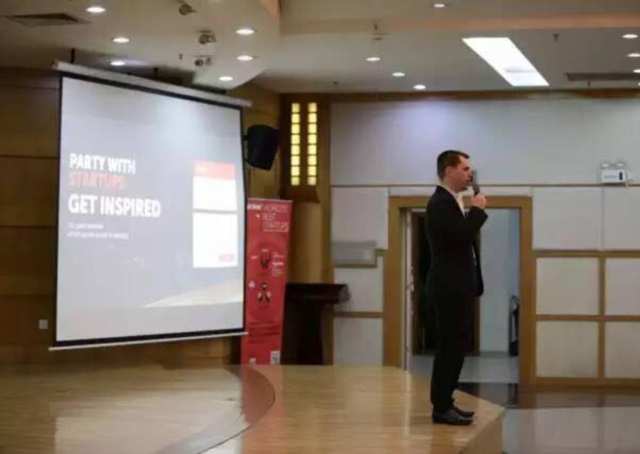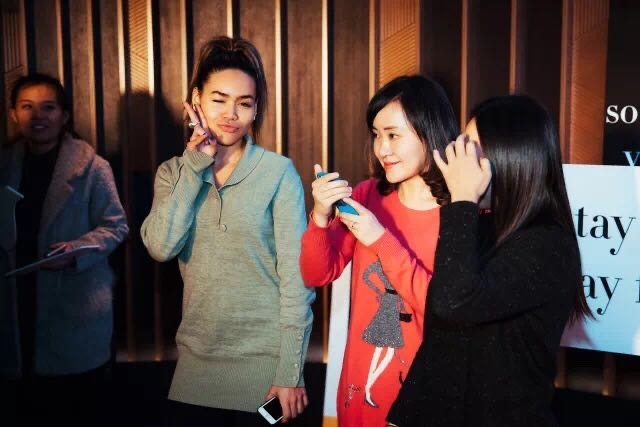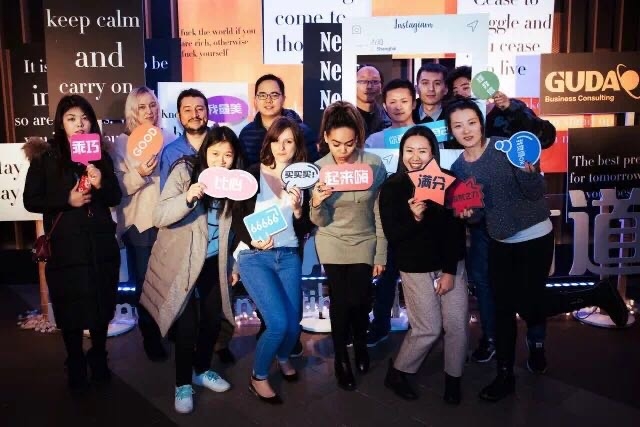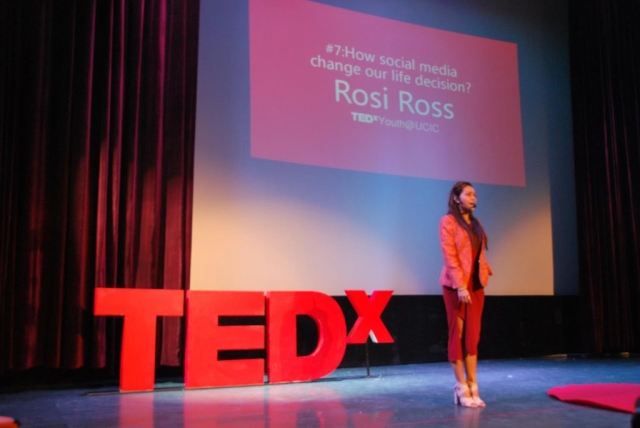In the realm of Chinese business culture, success isn’t solely determined by skills or expertise. Rather, it hinges significantly on one’s understanding and adeptness with the concepts of Mianzi (面子), commonly known as “face,” and Guānxi (关), or “relations.” To embark on fruitful ventures in China, one must delve into these intricate cultural nuances, recognizing their profound influence on interpersonal dynamics and business transactions.
Reputation stands as the cornerstone of navigating the intricate webs of Mianzi and Guanxi. It transcends mere competence, encompassing a multifaceted evaluation of reliability and trustworthiness. It’s a culmination of past actions, present behaviors, and the implicit promise of future conduct. As the renowned Chinese writer Lu Xun asserted, “Reputation is the shadow of one’s deeds and character; it is not subject to criticism or judgment.”
Mianzi, or “face,” embodies a profound and multifaceted concept deeply ingrained in Chinese societal fabric. While challenging to articulate succinctly, its essence permeates social interactions, reflecting notions of status, dignity, and social standing. As Lu Xun elucidated, while native Chinese intuitively grasp the concept, it remains a source of intrigue for foreigners, indicative of its complexity.
Comprehending Mianzi necessitates an understanding of its counterpart, Guanxi, which elucidates the intricate network of personal relationships pivotal in Chinese business dealings. Beyond transactional exchanges, Guanxi underscores the significance of cultivating genuine connections, fostering trust, and nurturing long-term rapport. In essence, it emphasizes the primacy of interpersonal bonds as the bedrock of successful business endeavors.
Within the lexicon of Mianzi and Guanxi, the distinction between “lian” and “mianzi” emerges as crucial. While “lian” embodies a sense of moral integrity and adherence to societal norms, “mianzi” denotes prestige, social recognition, and status. This dichotomy underscores the complexity of reputation management in Chinese society, where moral rectitude and social standing often intersect.
In the realm of business, Guanxi transcends transactional interactions, evolving into a mechanism for trust-building and risk mitigation. Rooted in personal connections and mutual obligations, Guanxi mitigates the inherent distrust towards strangers prevalent in Chinese society. By fostering an environment of reciprocity and mutual benefit, it serves as a conduit for navigating the intricacies of business dealings in China.
The evolution of Guanxi reflects a pragmatic response to historical and socio-cultural dynamics, wherein legal frameworks often proved inadequate in safeguarding individual interests. Consequently, Guanxi emerged as a form of social capital, predicated on mutual respect, reciprocity, and face-saving. In navigating the complexities of Chinese business culture, understanding and leveraging Guanxi can prove instrumental in fostering meaningful relationships and unlocking lucrative opportunities.
Central to the ethos of Guanxi is the principle of face-saving, which transcends mere social etiquette to become a cornerstone of trust-building. By upholding one’s reputation and integrity within the network, individuals safeguard their social capital, ensuring continued reciprocity and cooperation. Consequently, the threat of reputational damage serves as a potent deterrent against opportunistic behavior, fostering a culture of mutual respect and collaboration.
In conclusion, the intricate interplay between Mianzi and Guanxi underscores the nuanced dynamics of Chinese business culture. Success in this realm hinges not only on technical proficiency but also on the cultivation of meaningful relationships and the preservation of one’s reputation. By navigating these cultural nuances with sensitivity and insight, businesses can unlock the vast potential of the Chinese market while fostering enduring partnerships built on trust and mutual respect.


